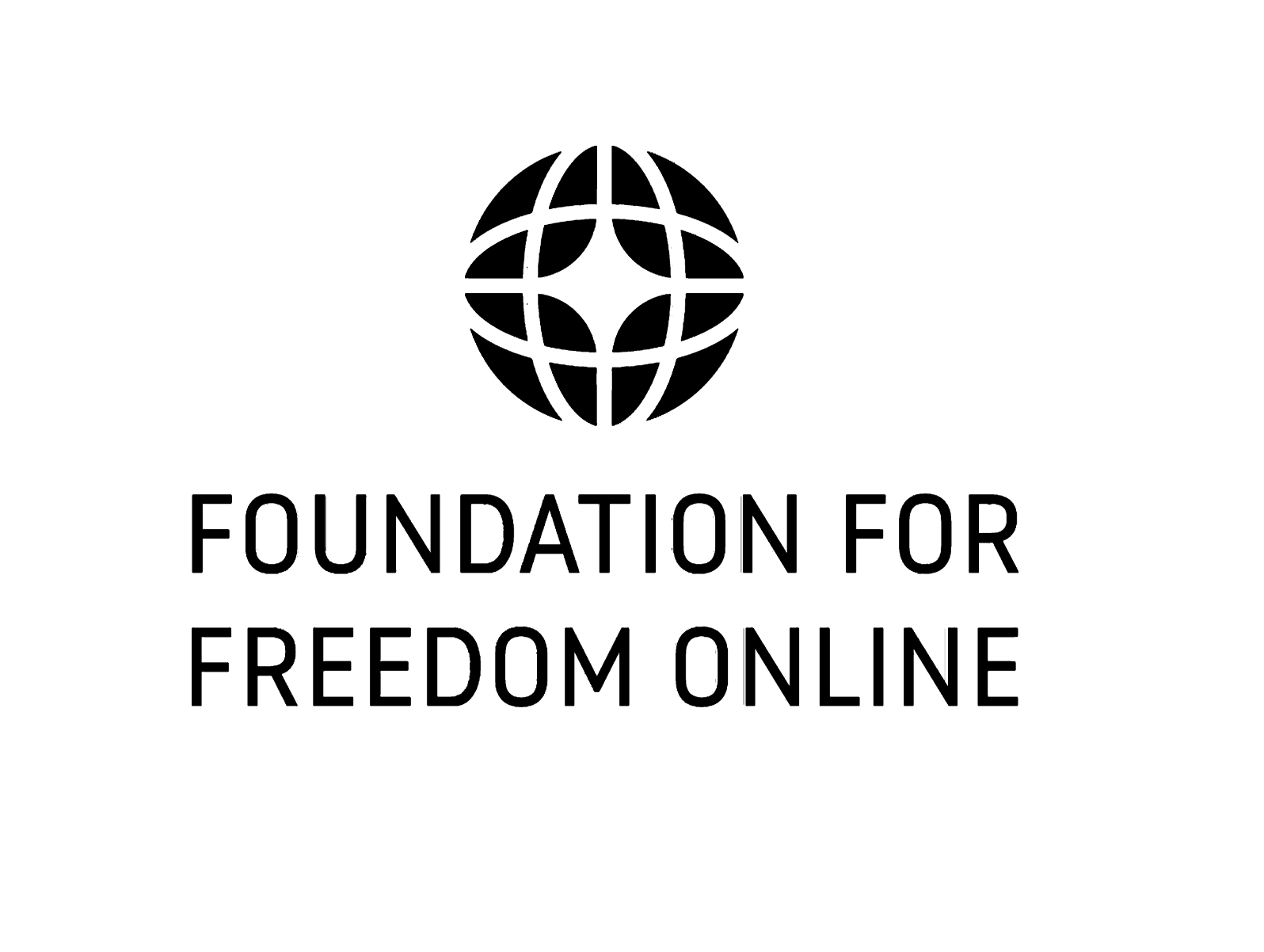University of Washington professor Kate Starbird, a key figure in government-backed election censorship operations during the 2020 and 2022 elections and during the Covid-19 pandemic, remarked that freedom of speech was an idea that should not be “centered” because a “[level] play field is tilted in favor of misinformation,” in comments made during an online panel hosted by Stanford University in 2021.
Her comments can be found in full below:
Transcript:
You center on that idea of sort of, freedom of speech and this level playing field on which ideas compete. And unfortunately, from my perspective as a researcher in these spaces, this playing field is tilted in favor of misinformation.
Starbird also offered no argument against her fellow panelist, Francis Fukuyama (of “End Of History” fame), who agreed with her comments and characterized “freedom of speech” and “the marketplace of ideas” as outdated “18th-century notions.”
Transcript:
With Kate’s question, you know, I agree with you that the level playing field and the marketplace of ideas are kind of 18th-century notions that have really been belied by a lot of what’s happened in recent decades. But, you know, the question then becomes how do you actually regulate content that you think is noxious, harmful and the like, and do it in a way that’s consistent with the First Amendment? You can push the boundaries a bit… but among liberal democracies our First Amendment law is among the most expansive of any developed democracy. And you could imagine a future world in which we kind of pull that back, and we say ‘no, we’re going to have a law closer to that of Germany, where we -the government can designate something as hate speech and prevent the dissemination of that,’ but the question then is, politically, how are you going to get there?
Starbird leads the Center for an Informed Public at the University of Washington, one of the four constituent organizations of the DHS-created censorship consortium known as the Election Integrity Partnership (EIP).
As FFO has detailed in previous reports, EIP took a leading role as a censorship laundering operation in the 2020 election, utilizing a “domestic disinformation switchboard” that allowed EIP to flag thousands of First Amendment protected posts on social media platforms and escalate them to content moderation departments for labeling or removal. Censored material included election related material that was widely discussed by American voters, including images of ballot counting trends.
The Center for an Informed Public, where Starbird is still director, is backed by American taxpayer dollars, via a $2.25 million grant awarded by the National Science Foundation in 2021.
CIP also received a founding grant of $5 million from the Knight Foundation, an organization which claims to support the very principle Starbird believes to be an ally of misinformation – freedom of speech. The foundation’s mission page states, “we believe in freedom of expression and in the values expressed in the First Amendment to the Constitution of the United States,” including “funding free expression” as a core activity of the foundation.
Despite their public commitment to free speech, the Knight Foundation’s subsidiaries continue to defend Starbird and her collaborators at the DHS-created EIP. In a June 2023 press release, the Knight First Amendment Institute at Columbia University condemned lawmakers for investigating EIP, saying it constituted an attempt to “intimidate and punish” researchers. The investigation of the EIP – an entity created at the behest of the government, which facilitated the widespread censorship of Americans online, and whose leading members condemn freedom of speech as a tool to spread misinformation – was, rather brazenly, characterized as an attack on free speech.





